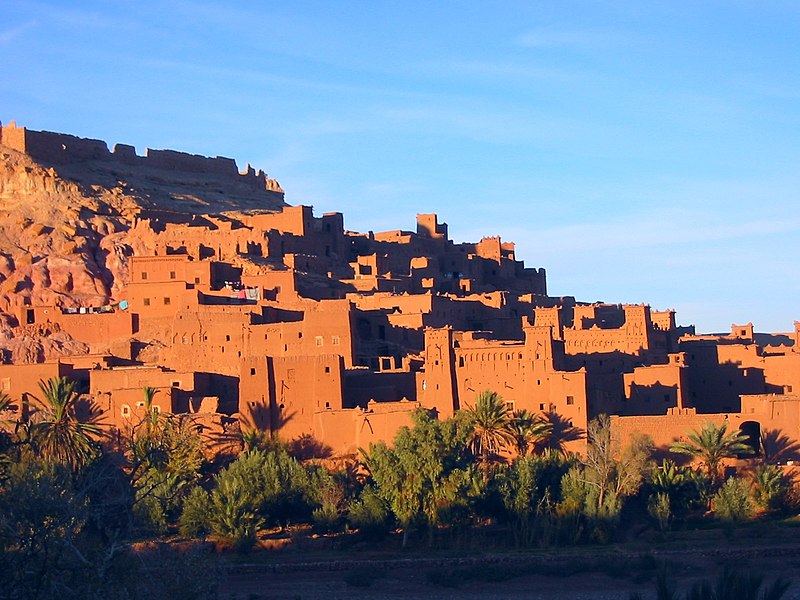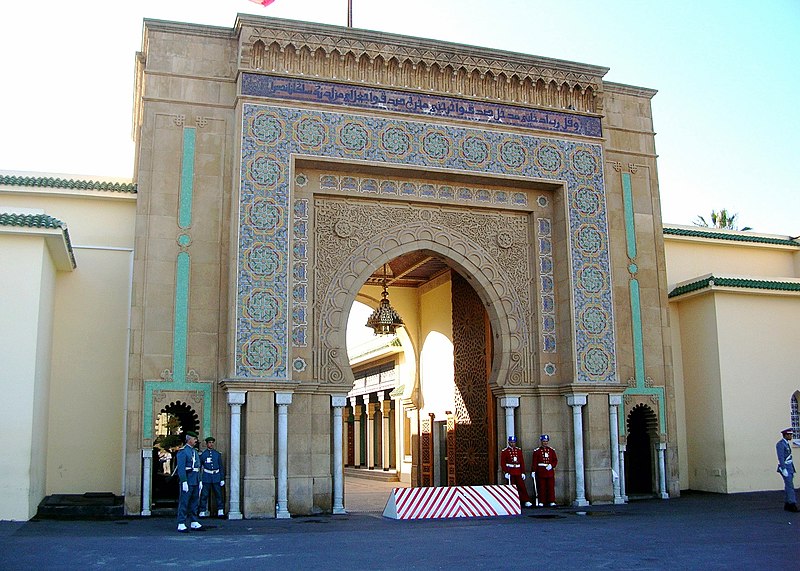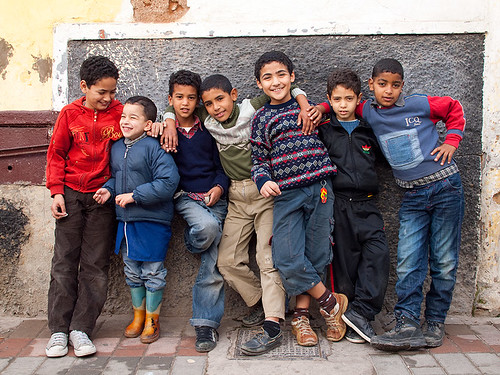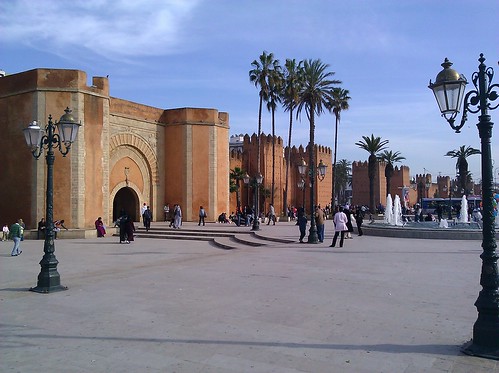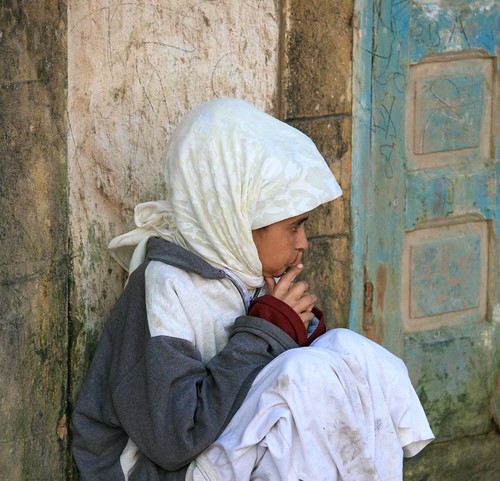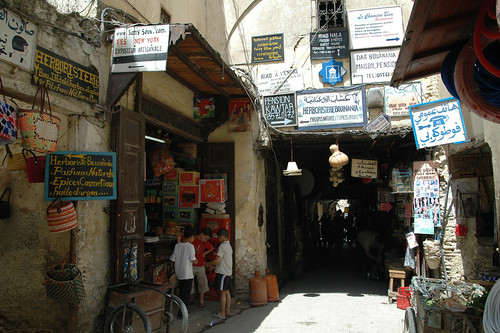Difference between revisions of "Adopting from Morocco"
| Line 24: | Line 24: | ||
{{#eimage:https://www.cia.gov/library/publications/the-world-factbook/photo_gallery/mo/images/MO_002.jpg|410x579px|thumb|'''A large leather tannery in Fes, Morocco.'''<BR/>Source: cia.gov.}} | {{#eimage:https://www.cia.gov/library/publications/the-world-factbook/photo_gallery/mo/images/MO_002.jpg|410x579px|thumb|'''A large leather tannery in Fes, Morocco.'''<BR/>Source: cia.gov.}} | ||
| + | |||
| + | |||
| + | =Morocco Adoption Alert= | ||
| + | |||
| + | <span style="color:red">'''Notice: Ministry of Justice Provides Prosecutors New Instructions on Kafala Guardianship Decrees (November 6, 2012)''' | ||
| + | |||
| + | On September 21, 2012, Justice Minister El Mostapha Ramid published a notice instructing Moroccan Prosecutors to formally oppose a petition filed with a juvenile judge seeking the granting of Kafala guardianship decrees to prospective adoptive foreign parents who are not resident in Morocco. In his notice, he asks the Prosecutors to emphasize the importance of in-country residency for the Kafala guardianship with the court judges, verify whether the prospective [[Adoptive Parents|adoptive parents]] reside in Morocco, and request that judges not issue Kafala orders to foreign prospective [[Adoptive Parents|adoptive parents]] (PAPs) who are not residing in Morocco. The notice states that it is difficult for the courts to ensure that conditions of the Kafala guardianship are met when the child is taken abroad by foreign parents and notes it needs to be possible for courts to cancel the guardianship in cases of failure to comply. The Minister’s notice appears to indicate that Kafala guardianship should only be granted to Muslim families who are long-term residents in Morocco. | ||
| + | |||
| + | |||
| + | The notice states that its purpose is to ensure the implementation of the existing law. It does not contain any provisions addressing already pending Kafala guardianship petitions. At this time, it is unclear whether prosecutors will formally oppose petitions for Kafala guardianship decrees filed by U.S. citizens which were already pending with the Court at the time the notice was issued. | ||
| + | |||
| + | |||
| + | U.S. citizens wishing to obtain Kafala guardianship of Moroccan children should be aware that the Prosecutors are now obligated to confirm the prospective parents’ Moroccan residency and the courts are requested to deny Kafala orders to foreign PAPs who do not reside in Morocco. Please continue to monitor [[adoption]].state.gov for updated information. | ||
| + | |||
| + | |||
| + | |||
| + | <span style="color:red">'''Notice: Ministry of Justice Plans to Review Kafala Laws and Procedures (August 8, 2012)''' | ||
| + | |||
| + | On July 25, the Moroccan newspaper Akhbar al-Youm (Today's News) published a story on Justice Minister Mostafa Rahmid's views on the granting of kafala (guardianship) to non-Muslim, non-resident foreigners. The article quotes Minister Rahmid as saying that he has decided to "stop granting guardianship of Moroccan children to foreign families", insisting that "guardianship of abandoned children is for Muslims, and foreign Muslims residing in Morocco." The Minister subsequently stated that kafala guardianship would only be considered for those foreign families who are long-term residents in Morocco. | ||
| + | |||
| + | |||
| + | The status of pending kafala petitions by U.S. citizens is unclear. | ||
| + | |||
| + | |||
| + | U.S. citizens wishing to obtain kafala of Moroccan children should be aware that is unclear at this time whether the courts will accept new kafala petitions. | ||
| + | |||
| + | |||
| + | Please continue to monitor [[adoption]].state.gov for updated information. | ||
Revision as of 00:54, 4 April 2014
Contents
Morocco Adoption Alert
Notice: Ministry of Justice Provides Prosecutors New Instructions on Kafala Guardianship Decrees (November 6, 2012)
On September 21, 2012, Justice Minister El Mostapha Ramid published a notice instructing Moroccan Prosecutors to formally oppose a petition filed with a juvenile judge seeking the granting of Kafala guardianship decrees to prospective adoptive foreign parents who are not resident in Morocco. In his notice, he asks the Prosecutors to emphasize the importance of in-country residency for the Kafala guardianship with the court judges, verify whether the prospective adoptive parents reside in Morocco, and request that judges not issue Kafala orders to foreign prospective adoptive parents (PAPs) who are not residing in Morocco. The notice states that it is difficult for the courts to ensure that conditions of the Kafala guardianship are met when the child is taken abroad by foreign parents and notes it needs to be possible for courts to cancel the guardianship in cases of failure to comply. The Minister’s notice appears to indicate that Kafala guardianship should only be granted to Muslim families who are long-term residents in Morocco.
The notice states that its purpose is to ensure the implementation of the existing law. It does not contain any provisions addressing already pending Kafala guardianship petitions. At this time, it is unclear whether prosecutors will formally oppose petitions for Kafala guardianship decrees filed by U.S. citizens which were already pending with the Court at the time the notice was issued.
U.S. citizens wishing to obtain Kafala guardianship of Moroccan children should be aware that the Prosecutors are now obligated to confirm the prospective parents’ Moroccan residency and the courts are requested to deny Kafala orders to foreign PAPs who do not reside in Morocco. Please continue to monitor adoption.state.gov for updated information.
Notice: Ministry of Justice Plans to Review Kafala Laws and Procedures (August 8, 2012)
On July 25, the Moroccan newspaper Akhbar al-Youm (Today's News) published a story on Justice Minister Mostafa Rahmid's views on the granting of kafala (guardianship) to non-Muslim, non-resident foreigners. The article quotes Minister Rahmid as saying that he has decided to "stop granting guardianship of Moroccan children to foreign families", insisting that "guardianship of abandoned children is for Muslims, and foreign Muslims residing in Morocco." The Minister subsequently stated that kafala guardianship would only be considered for those foreign families who are long-term residents in Morocco.
The status of pending kafala petitions by U.S. citizens is unclear.
U.S. citizens wishing to obtain kafala of Moroccan children should be aware that is unclear at this time whether the courts will accept new kafala petitions.
Please continue to monitor adoption.state.gov for updated information.
Hague Convention Information
Who Can Adopt
Residency
Age of Adopting Parents
Marriage
Income
Other
Who Can Be Adopted
How to Adopt
Adoption Authority
The Process
Traveling Abroad
After Adoption
SOURCE
Intercountry Adoption, Bureau of Consular Affairs. U.S. Department of State Country Information



